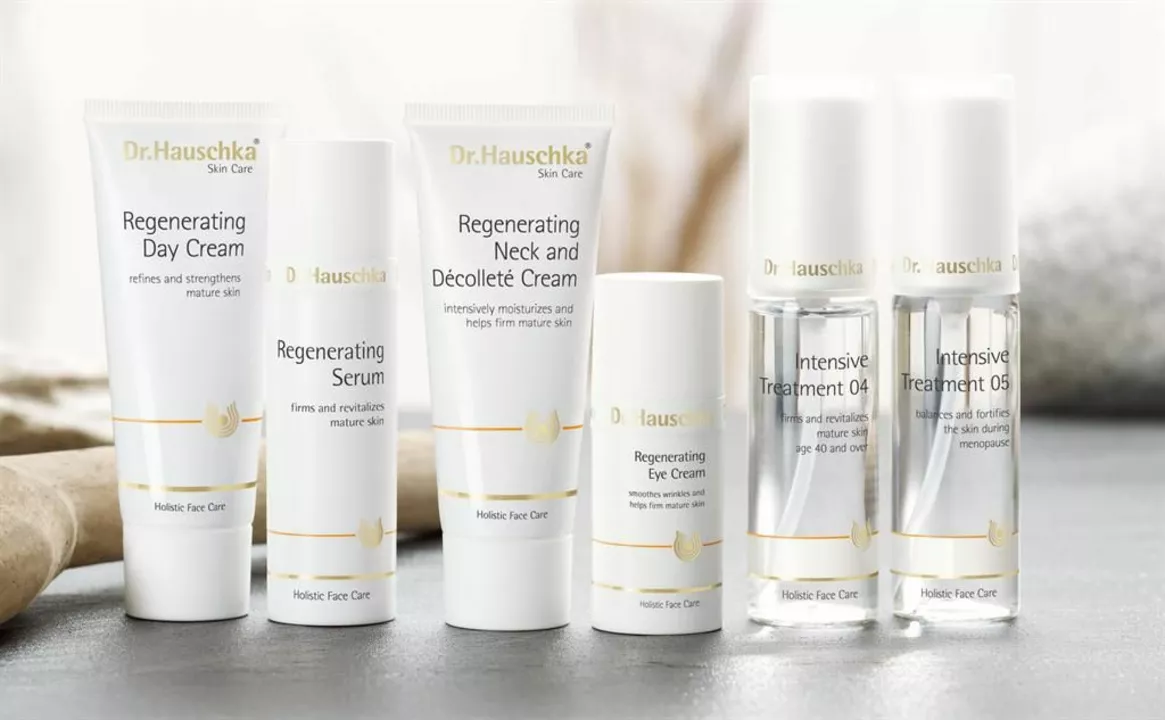Holistic Skincare: Simple, Practical Steps for Healthier Skin
Think clear, glowing skin always needs expensive products? Not true. Holistic skincare focuses on small daily habits — what you eat, how you sleep, and the few products you use. Make each choice count and your skin will show the improvement.
Start with the basics: cleanse, protect, hydrate. Use a gentle, pH-balanced cleanser that removes dirt without stripping oils. If you wear sunscreen or makeup, a gentle double-cleanse at night helps without over-drying. After cleansing, apply a lightweight moisturizer while skin is damp to lock in hydration.
Quick morning routine
Keep mornings short and effective. Cleanse, antioxidant serum (vitamin C works well), moisturizer, then broad-spectrum SPF 30+. Sunscreen is non-negotiable. UV exposure speeds up aging more than many other factors, so make SPF your daily habit, even on cloudy days.
Want brightening or anti-aging help? Add a vitamin C serum in the morning and retinoid or retinol at night — not together. Introduce active ingredients slowly and always patch-test. If you use prescription meds or strong topical treatments, check with a pharmacist or doctor before adding new actives.
Evening and weekly tips
Evening is repair time. Cleanse, apply treatments (retinoids, acne meds, or targeted serums), then a richer moisturizer. Once or twice a week, use a gentle exfoliant (chemical exfoliants like low-concentration AHAs/BHAs are safer than rough scrubs). Avoid over-exfoliating — that causes redness and sensitivity.
Food and sleep matter. Aim for protein, healthy fats (omega-3s from fish or flax), and colorful fruits and vegetables for antioxidants. Probiotics can help some people by calming inflammation and supporting the skin barrier. If you’re taking supplements or hormone treatments, ask a clinician about interactions — some medicines and herbs can affect skin or interact with topical drugs.
Manage stress because skin often reacts to it. Try short daily routines that help — a 10-minute walk, breathing exercises, or sleep hygiene like a consistent bedtime. Poor sleep shows up in dark circles, dullness, and slower healing.
Product tips: choose fewer, well-formulated products. Look for ceramides and hyaluronic acid for hydration, niacinamide for barrier support, and sunscreen labeled broad-spectrum. Avoid mixing too many strong actives at once. Always patch-test a new product on the inner forearm for a few days.
When to see a pro? If you have persistent redness, sudden rashes, painful acne, or suspect a medication is affecting your skin, talk to a dermatologist or your pharmacist. They can check for drug-related causes and suggest safe, effective options.
Holistic skincare isn’t about perfection. It’s about consistent, sensible habits: protect from sun, hydrate, feed your body well, sleep, and keep stress in check. Small daily changes add up faster than you think.
